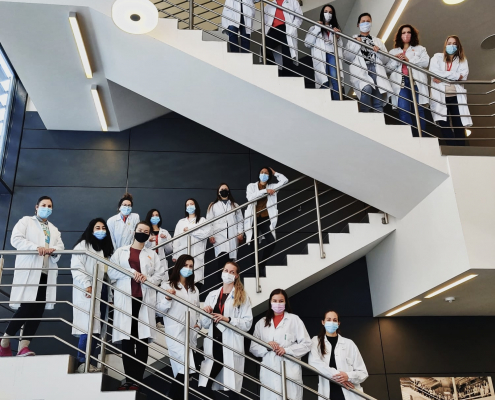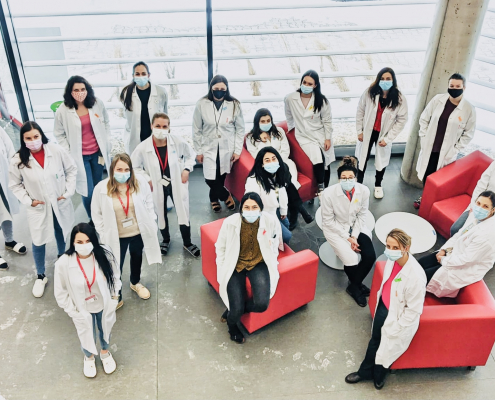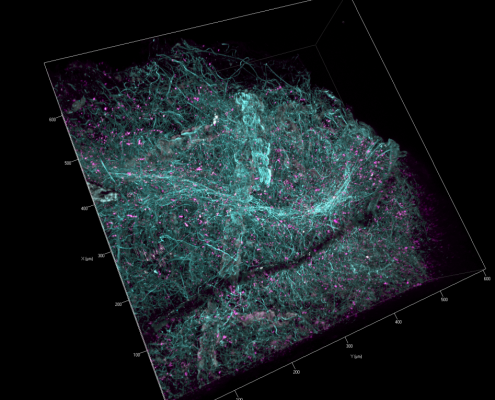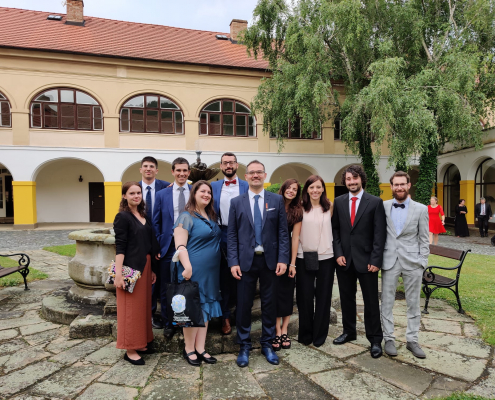MECHANOBIOLOGY OF DISEASE
Investigating the mechanics of life and disease
Giancarlo Forte, Ph.D.
E-mail: giancarlo.forte@fnusa.cz
Tel: +420 511 158 278
Key words
Pathological Mechanobiology, Cardiac Pathologies, Cardiomyocytes, iPSCs, 3D organoids, Cancer.
Research focus
- The Mechanobiology of Disease (MBD) group is mainly interested in correlating defects in tissue-specific cell mechanobiology system with the onset of aging pathologies, with a specific focus on those affecting the cardiovascular system and cancer. The working hypothesis of MBD is that defects in the function of the apparatus cells use to perceive and respond to external mechanical cues – the mechanosensing apparatus – contribute to aging-associated pathologies.
- MBD researchers adopt loss- and gain-of-function approaches, microfluidics and micropatterning technologies to manipulate the mechanosome of adult, pluripotent stem cells and stem cell-derived cardiac cells. MBD takes advantage of cutting-edge technologies for live imaging, cell separation and high-throughput gene and protein analysis to highlight perturbations in the mechanosensing apparatus occurring in the cardiac tissue and cells derived from patients.
Main goals
- Identification of potential cellular mechanosensors involved in the onset of cardiac pathologies and suitable as bio-markers of the diseases.
- Identification of novel molecular processes involved in cardiac phenotype acquisition.
- Generation of valuable in vitro models of cardiac diseases.
Technological equipment
- Laboratory equipment for cell sorting, analysis, tissue characterization:
- Flow Cytometer, Cell Sorter, Multiphoton Microscope, Magnetic Cell Separator, Bioreactors and stretching machines, Confocal Laser Scanning Microscope suited for live imaging, Enhanced Resolution Confocal Microscope, Real-Time PCR System, Microfluidics devices.






